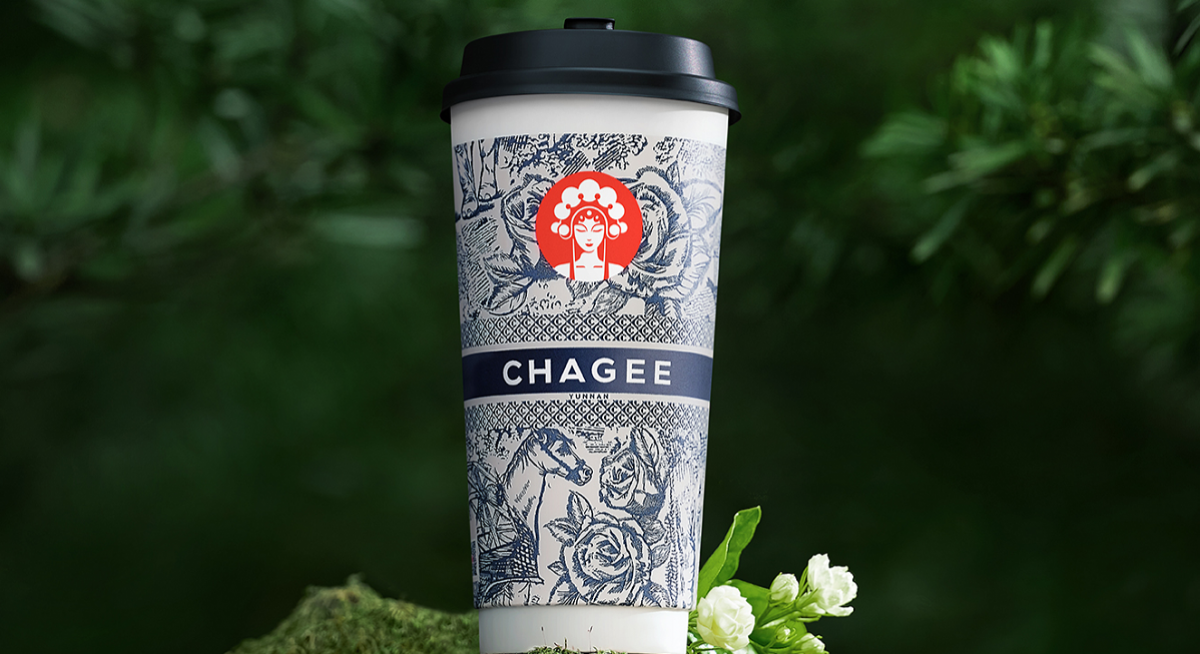Investment experts opine that Mixue and Chagee can grow their business further through overseas expansion, but their recent revenue and profit growth largely depends on the ongoing “e-commerce war” among platform players like Meituan, JD.com Inc and Alibaba’s fully-owned subsidiary Ele.me.
In an interview with Wealth, Ch’ng Cheng Siew, chief investment officer of Areca Capital Sdn Bhd, notes that Chinese beverage chains such as Mixue and Chagee have rapidly expanded their businesses overseas while targeting distinct market segments domestically.
Mixue serves the mass market and is able to expand as a result of its low cost of franchising and effective social media marketing through the likes of TikTok and Little Red Note (Xiaohongshu). On the other hand, Chagee, which is in the more premium segment of the milk tea industry, is leveraging the increasingly positive perception of China and its culture when expanding overseas.
While they have vertically integrated supply chains — allowing a high degree of control over business processes, such as raw material supply and product packaging — these companies are relatively shielded from the ongoing tariff war between the US and China.
See also: One swallow does not make a summer: China’s AI IPOs excite, but uncertainty lies ahead
“Many of their ingredients and product packaging are produced in China. The China beverage sector is barely touched by tariff politics and continues to scale with local ingredients and labour [supply],” Ch’ng says.
She adds that these companies are aggressively expanding overseas, giving a reason to list their shares on the Hong Kong Stock Exchange and Nasdaq despite fierce competition in the Chinese market.
Just how quickly have the two companies expanded in Malaysia? An online search shows Mixue launched its first outlet in Malaysia in February 2022. In just over three years, it now has about 309 stores.
See also: Enjoying the view, checking the parachute
As for Chagee, its IPO prospectus shows that it has 148 stores in Malaysia, just less than six years after it launched its first store locally in August 2019. Globally, Mixue and Chagee have 46,479 and 6,440 stores, respectively.
These growth factors have instilled investor confidence despite the broader market volatility. Valuation-wise, Chagee was trading at a price-to-earnings ratio (P/E) of around 16 times as at June 16, significantly lower than Mixue’s 43.2 times and Starbucks’ 33.9 times.
Investors should exercise caution
On the other hand, CGS International analyst Lei Yang says Chinese beverage brands are expanding overseas as consumption in their home country has weakened in recent years.
“Some set up plants and retail stores in overseas markets and received positive market feedback due to their efficient operations, good product quality and attractive marketing campaigns,” she says.
Other than milk tea, some of the largest dairy companies in China, including Mengniu Dairy and Yili Group, are setting up plants in Southeast Asian countries with the goal of penetrating those markets, she adds.
Sun Bin, equity portfolio manager at Fullgoal Fund Management Co, cautions investors that the recent profit and revenue expansion of some beverage companies in China is largely due to the ongoing “e-commerce price war” taking place in the country.
Fullgoal is a China-based asset management company founded in 1999. It had assets under management of US$128 billion as at 2022, according to its official website.
Sun says the three major players in the price war — Meituan, Alibaba’s fully owned subsidiary Ele.me and JD.com — have been spending heavily to subsidise consumer purchases, including milk tea, in their battle for greater market share.
For more stories about where money flows, click here for Capital Section
He says JD.com is currently offering a subsidy of RMB10 ($1.79) per order.
Sun adds that, as at late May, a cup of Chagee milk tea cost only RMB7 to RMB9, with subsidy. This pricing strategy has fuelled a surge in milk tea sales, benefiting companies like Mixue and Chagee.
“In the short term, some beverage chains will see strong financial results. However, this trend isn’t sustainable. Investors should also consider what happens when the subsidies are withdrawn and milk tea prices return to their normal level of RMB17 instead of RMB7. Some chains may struggle to adapt to the shift.
“Let’s not forget that the beverage chains did not lower the prices of their products themselves. They were lowered because of subsidies provided by the e-commerce platforms,” he elaborates.
As products such as milk tea have low barriers to entry, Sun says investors keen on putting their money in this space should pick companies with the best supply chain management, which enables them to offer products with better pricing than competitors, and with similar quality.
“Consumer products like milk tea don’t differ much from one another. Their main component is sugar, coupled with ‘pearls’ made of tapioca flour. Some companies were able to differentiate their drinks by adding in a certain flavour, but it’s not an intellectual property and can be easily copied by competitors,” he says.
Hence, it all boils down to pricing. Companies that can manage their supply chain effectively will win bigger market share over time. For instance, Sun says some of the leading Chinese beverage companies extended their businesses upstream by owning their own lemon or coffee farms in China, which enables them to better control the supply and cost of the key ingredients used to make their beverages.
Another factor that contributes to the success of these companies is their ability to help franchisees generate profit.
Those exploring this space should take note that industry leaders are likely to perform better in the long run, as they typically manage their supply chains more effectively than smaller players. This is true despite their valuations appearing high compared with historical averages.




